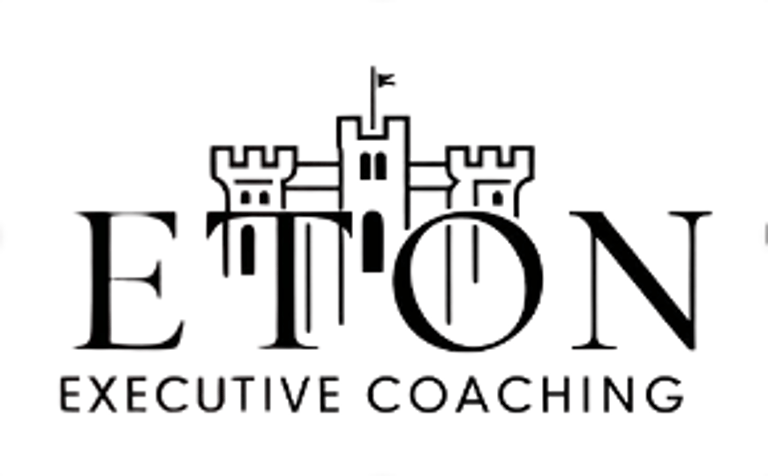Stronger Together
Developing Leadership Fit for a New Era of Higher Education
6/16/20252 min read


Stronger Together: Developing Leadership Fit for a New Era of Higher Education
As UK higher education navigates growing financial pressures, demographic shifts, and heightened expectations for impact, the role of leadership is coming sharply into focus. The Transformation and Efficiency Taskforce report ‘Towards a new era of collaboration’ published by Universities UK—makes it clear: future success will require bold, collaborative, and digitally fluent leadership. Institutions must work not in silos, but in synergy. In that context, executive coaching becomes a strategic lever for evolving both the mindset and capability of leadership teams.
Reimagining the Role of Leadership
The Taskforce report urges universities to embrace shared services, cross-sector collaboration, and innovative governance models. These ambitions hinge on leaders who can:
Foster trust across institutional boundaries
Lead systemically, not just institutionally
Encourage agility while safeguarding purpose
Champion transformation without alienating people
Leadership in this era isn’t just operational—it’s cultural. It’s about creating the conditions where change can take root and thrive. This expanded role demands resilience, emotional intelligence, and a willingness to evolve—which is exactly where executive coaching comes in.
Coaching for Systemic Impact
Executive coaching provides a bespoke, confidential space for reflection and growth. It also aligns with several themes in the report:
Strategic alignment: The report calls for shared strategies and coherent planning across institutions. Coaching helps leadership teams clarify vision, align priorities, and engage stakeholders with transparency and consistency.
Evolved leadership and governance: Coaching supports leaders in adapting to flatter, more agile structures, and in navigating the tension between autonomy and interdependence.
Digital transformation: As universities adopt new technologies and platforms, coaching assists leaders in developing digital confidence and leading cultural shifts—not just technical change.
Psychological safety and collaboration: Essential for shared services and partnership models to succeed, coaching strengthens team dynamics and encourages open, trust-based communication.
The Opportunity: From Challenge to Culture Shift
The Taskforce doesn’t just present a critique—it paints a path forward. But such transformation will falter unless leaders are equipped and supported. Executive coaching shifts development from reactive to proactive. It helps leaders:
Transition from protective to collaborative mindsets
Navigate uncertainty without losing clarity or compassion
Model behaviours that enable cross-boundary innovation
Develop next-generation leadership capacity, essential for long-term sector renewal
A Strategic Investment, Not a Perk
Amid tightening budgets, some institutions might view coaching as expendable. But the report is unambiguous: systemic transformation requires well-supported leadership. Investing in executive coaching is not a luxury—it is an operational necessity for sustainability and sector resilience.
Closing Thoughts
If the Taskforce sets the blueprint for a collaborative, efficient sector, executive coaching is the a key part of the scaffolding that enables leaders to build it. With coaching as part of leadership development, universities can move from rhetoric to reality—strengthening their teams, transforming their institutions, and shaping the future of UK higher education.
If you would like to explore having an Executive Coach, who has over a decade as Vice-Chancellor and CEO, the first step is to book a call to find out more.
Please go to the booking page https://calendly.com/etonexec/30-minutes-initial-call
